RMUTL implements programs to prevent hunger and promote well-being among students and staff through food distribution, on-campus food banks, and social support initiatives, reflecting its commitment to “Leave No One Behind.” Leveraging its presence across six northern provinces rich in natural and agricultural resources, the university integrates social, economic, and environmental strategies to strengthen food security.
Early Warning and Risk Assessment
Student risk monitoring is jointly managed by the Office of Student Development, Academic Promotion and Registration Office, and faculties, while staff monitoring is handled by the Personnel Management Department. Risk indicators include flood-prone locations, health data, family income, and prior aid or scholarship applications. In 2024, RMUTL provided emergency financial aid through the Student Development Fund and supported students via scholarships and loans such as the Equitable Education Fund (EEF) and the Student Loan Fund.
Staff Benefits and Food Assistance
Staff welfare includes a provident fund, social security, and a savings cooperative. Short-term aid for staff and students is available through the “Food Reserve Center,” community kitchens, free meal programs, water stations, and food-sharing cabinets stocked with ready-to-eat items and cooking essentials.
To mark its 20th anniversary in 2025, RMUTL will distribute “Blessing Baskets” featuring sustainable, student- and faculty-made products from its five campuses. Packaging, designed by the Faculty of Fine Arts and Architecture, uses eco-friendly materials with Lanna-inspired patterns to reflect regional culture.


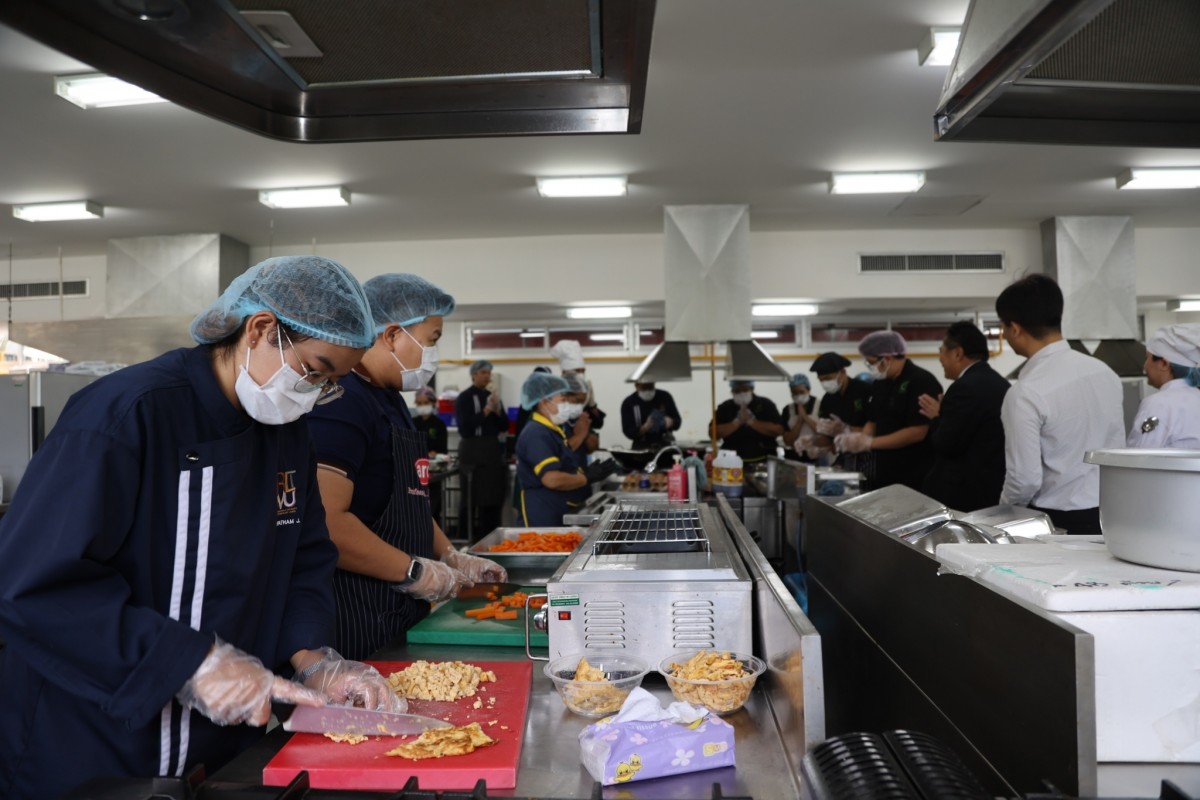

Access to Clean Water
RMUTL invests in clean water systems, including Hydro Pure technology, mobile units, and campus water stations. Collaboration with food vendors and partners ensures nutritious meals made with locally donated ingredients.

Medium- and Long-Term Food Security Measures
The university promotes on-campus cultivation of rice, vegetables, fruits, and livestock, providing land, seeds, tools, and organic farming knowledge. Students and communities receive seeds to encourage self-sufficiency and preserve native varieties. Long-term efforts include skill development in food production, electrical work, online selling, tour guiding, and small-scale farming. Work-integrated learning and partnerships with public and private sectors enhance sustainable food security, reduce hunger risk, and support students’ academic and personal growth.
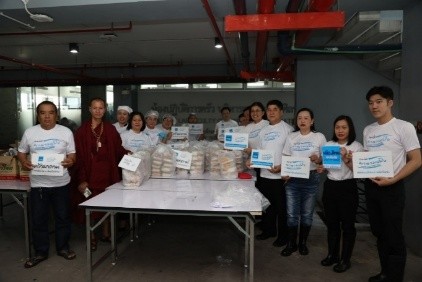
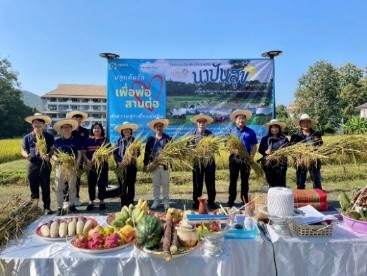

RMUTL Provident Fund and Staff Welfare
The Provident Fund fosters savings and financial stability for eligible staff who have completed probation. RMUTL ensures fair compensation covering essential living costs—food, housing, and utilities—with salaries reflecting qualifications, experience, and contributions.
 Table 1: Salary rates of personnel by educational qualifications and employment type at RMUTL
Table 1: Salary rates of personnel by educational qualifications and employment type at RMUTL

RMUTL demonstrates a strong commitment to staff well-being, ensuring all personnel earn well above the UN-defined extreme poverty line of USD 2.15 per day (≈THB 2,250/month as of October 31, 2024). Even the lowest-paid staff receive THB 7,000 per month—over three times this threshold—while most personnel earn THB 15,000–45,000, exceeding the extreme poverty line by 6 to 20 times.
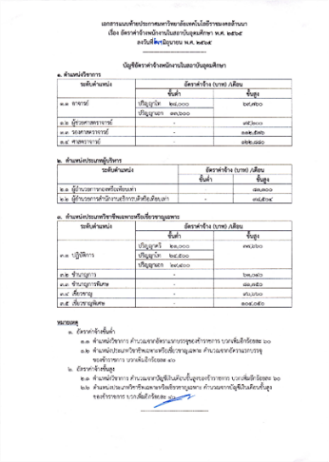
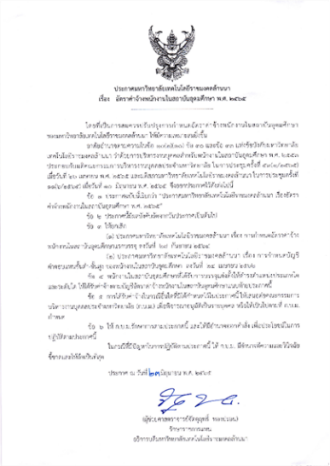
Figure 1: Employee Wage Rates in Higher Education Institutions, 2022 to Present
RMUTL underscores its commitment to staff development and well-being by setting wages that reflect economic conditions, cost of living, and employee qualifications, as highlighted in the 2022 wage announcement (Figure 1). Staff are encouraged to pursue professional growth while supporting the university’s balanced development.
For academic staff, starting salaries are 24,000 baht for master’s degree holders and 31,500 baht for doctoral degree holders, rising to 29,760 baht, with career progression from Assistant Professor to Professor capped at 122,440 baht. Academic support roles follow a tiered system based on experience and qualifications, with starting salaries of 21,000 baht (bachelor’s), 24,500 baht (master’s), and 29,400 baht (doctoral).
RMUTL also offers performance- and skill-based incentives to encourage professional development and high-quality work. Salary increases are calculated from government base pay, with a 60% boost for academic roles and 40% for specialized positions, ensuring competitive and fair compensation. Most staff earn between 24,000–45,000 baht per month (≈685–1,286 USD), 10–20 times above the extreme poverty line, reflecting the university’s commitment to staff well-being and financial security.
